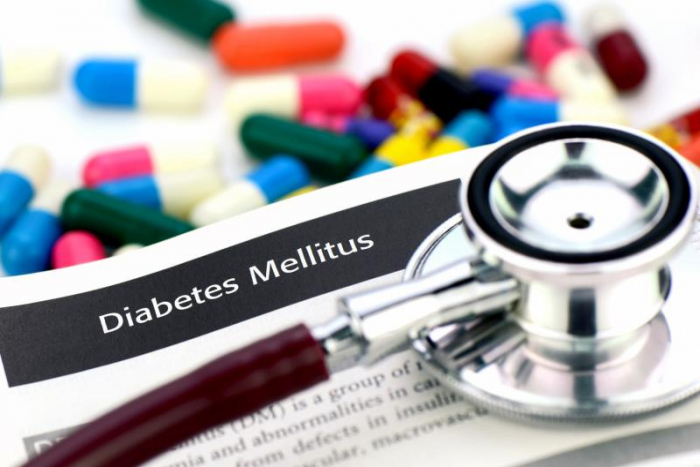
Proton pump inhibitor (PPI) has an irreplaceable role in the treatment of acid-related disorders, but prolonged use of the drug has been shown to bring a host of illnesses, and this time it is type 2 diabetes (T2D).
In an analysis of three large prospective cohorts, regular PPI use was associated with a 24-percent higher risk of T2D compared with nonuse (hazard ratio [HR], 1.24, 95 percent confidence interval [CI], 1.17–1.31), reported investigators from Sun Yat-sen University.
“The risk of diabetes was likely to increase with the duration of PPI use and to decrease [after] stopping PPIs,” they added.
Estimates obtained from multivariable Cox models increased from 1.05 (95 percent CI, 0.93–1.19) for individuals who used PPIs for >0–2 years to 1.26 (95 percent CI, 1.18–1.35) for longer-term users (>2 years). [Gut 2020;doi:10.1136/gutjnl-2020-322557]
Conversely, users who discontinued PPI use had about 17–19 percent lower T2D risk compared with current users (within 2 years of stopping: HR, 0.83, 95 percent CI, 0.70–0.98; >2 years of stopping: HR, 0.81, 95 percent CI, 0.76–0.86).
In subgroup analysis, the association between PPI use and T2D was stronger among participants with lower body mass index or normal blood pressure (pinteractions<0.05). All associations were independent of traditional diabetes risk factors as well as major clinical indications for PPI use.
Further investigation revealed that regular use of the less potent acid suppressor H2 receptor antagonists (H2RAs) likewise conferred a risk increase (HR, 1.14, 95 percent CI, 1.07–1.23). Although the estimate was lower, this finding lent further biological plausibility to the interplay between acid suppression and the aetiopathogenesis of T2D, as the investigators pointed out.
“Given the potential risk of diabetes and other adverse effects such as enteric infections, clinicians should carefully balance the benefits and harms in prescribing PPIs, particularly for long-term continuous use,” they said. [Gastroenterology 2017;152:706-715; Gut 2018;67:28-35; Mayo Clin Proc 2018;93:240-246; Gut 2006;55:1538-1544]
The investigators recommended screening for abnormal blood glucose and T2D in patients who must receive long-term PPI treatment.
The study population included 176,050 women from Nurses' Health Study (NHS; n=80,500) and NHS II (n=95,550) and 28,639 men Health Professionals Follow-up Study (HPFS). There were 10,105 incident T2D cases recorded over 2,127,471 person-years of follow-up.
At baseline, regular PPI users (n=13,528) had greater prevalence of gastric or duodenal ulcer, gastro-oesophageal reflux disease, and upper gastrointestinal tract bleeding, as expected. Nonusers (n=19,1161), on the other hand, tended to be more physically active, had a lower rate of hypertension and hypercholesterolaemia, and were less likely to use nonsteroidal anti-inflammatory drugs and steroids.
PPIs may raise the risk of diabetes through its impact on gut microbiome, such as increase in the abundance of Blautia and Lactobacillus and a decrease in the genus Bifidobacterium. Moreover, its use could result in weight gain, metabolic syndrome, and chronic liver disease, all of which are risk factors for T2D. [Diabetes Care 2007;30:1562-1566; Am J Epidemiol 2002;156:1070-1077; Diabetes Care 2018;41:372-382]
“Future evaluations including well-designed cohort studies, randomized controlled trials, and meta-analyses are required to confirm our conclusion. We also recommend additional basic scientific research to investigate the underlying mechanisms,” the investigators said.
Copyrights © 2020 Company Name. All Rights Reserved